Race and Ethnicity
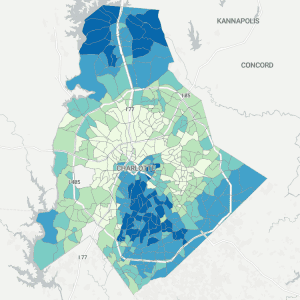
Segregation by Design
Charlotte’s neighborhoods (like those of many American cities) are highly segregated by race and economic status. A quick review of the Charlotte/Mecklenburg Quality of Life Explorer’s interactive maps reveals that the data support this claim. The two racial categories with the highest share of the county’s population are White (44.7% of county residents) and Black […]
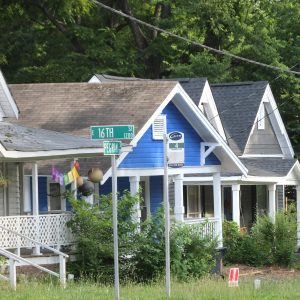
Race, segregation and profit in the American housing market
Nearly 60 years after the major legislative victories of the Civil Rights Movement, two troubling patterns persist–one economic, one geographic. First, Black Americans possess significantly lower levels of wealth than White Americans. Second, residential neighborhoods across the country remain highly segregated by race. These patterns and their connections to each other are largely undisputed in […]

An ‘economic halo’ for rural churches in North Carolina
In small towns across North Carolina, churches function as more than places of fellowship and gathering for people — they’re also de facto economic engines. [Read the full report: ‘The Economic Halo Effect’] That’s one of the key findings of a new research report by the UNC Charlotte Urban Institute, in partnership with The Duke […]

Supporting Charlotte’s minority-owned small businesses
A study released this week by the UNC Charlotte Urban Institute sheds light on the unique challenges minority-owned small businesses face and how the Charlotte-Mecklenburg community can better support these enterprises, which are key to community well-being and wealth-building. Defined as businesses with fewer than 500 employees, small businesses comprise 99.9% of all businesses. Small […]

Myths about closing the racial wealth gap
This is the seventh and final article in a series, based on a report by the Urban Institute. The report was compiled with support from Bank of America, which partners with the UNC Charlotte Urban Institute and the Institute for Social Capital on research that provides insight into community initiatives. Join us Wednesday at 7:30 […]
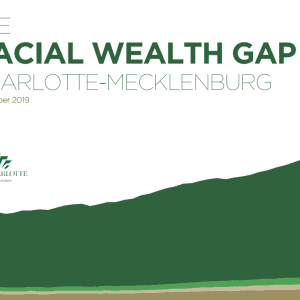
The Racial Wealth Gap in Charlotte-Mecklenburg
This series was based on a report by the Charlotte Urban Institute, compiled with support from Bank of America, which partners with the Charlotte Urban Institute and the Charlotte Regional Data Trust on research that provides insight into community initiatives. In the United States, White households have 10 times the wealth of Black households and […]

Savings, investment and racial wealth gap over generations
This is the sixth article in an ongoing series, based on a report by the Urban Institute. The report was compiled with support from Bank of America, which partners with the UNC Charlotte Urban Institute and the Institute for Social Capital on research that provides insight into community initiatives. Join us Wednesday at 7:30 p.m. […]

The racial wealth gap: Business ownership & entrepreneurship
We recognize the killings of George Floyd, Ahmaud Arbery and Breonna Taylor are connected to the same systemic and institutional racism that created and sustains the racial wealth gap. We recognize that addressing racial violence and the racial wealth gap is dependent on systemic and structural solutions rather than the individual solutions that have placed […]
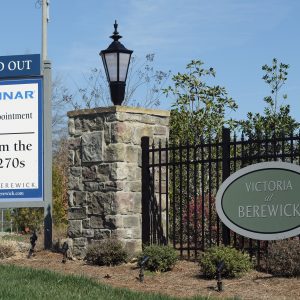
Home ownership and the legacy of redlining
This is the third in an ongoing series, based on a report by the Urban Institute. The report was compiled with support from Bank of America, which partners with the UNC Charlotte Urban Institute and the Institute for Social Capital on research that provides insight into community initiatives. Join us Wednesday at 7:30 p.m. on […]
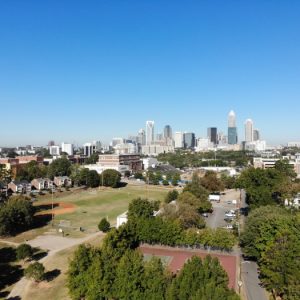
COVID-19 exposes the impact of the racial wealth gap
This is the first in an ongoing series, based on a report by the Urban Institute. Read Part 2 here. The report was compiled with support from Bank of America, which partners with the Charlotte Urban Institute and the Charlotte Regional Data Trust on research that provides insight into community initiatives. By James E. Ford, […]